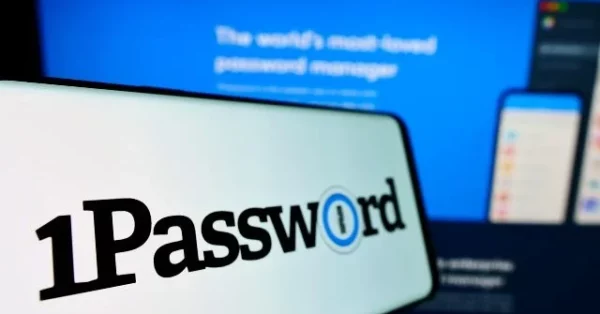
3 Online Scams That Could Totally Ruin Your Holidays
For the good citizens among us, the holiday season is a time of giving. But in the treacherous world of cybercrime, it’s a time of taking. Although data breaches can occur anytime, people tend to drop their guards during the holidays, giving scammers plenty of opportunities to ruin the festive mood.
Here are some scams that could leave you with far greater trauma than having your delinquent cousins over for Christmas dinner.
1. Fake Purchase Scams
Throughout the holiday season, inboxes are flooded with order confirmations, delivery information, and purchase invoices.
Knowing this, scammers ramp up their attacks in the hope that consumers will be more easily distracted. When you’re on your Christmas shopping spree, it’s often difficult to remember exactly which items you purchased from which online store. Scammers know this, hence the tide of fake invoices.

Such scams usually come in the form of phishing emails that look like correspondence from a real company like Amazon or eBay. However, these entreaties will try to extract personal or payment information from their potential victims by stating that there’s a problem with their orders. Just remember that no legitimate business will ever ask for such details over email. If they do, you can be sure it’s a scam.
2. Secret Shopper Scams
Many legitimate market research firms organize secret shopping sprees, whereby they pay people to evaluate their online stores and customer service. It’s a popular work-at-home opportunity that entices many consumers with free gifts.
Unfortunately, scammers may try to lure you with their own secret-shopping “opportunity” as well. But take heed: No matter how wonderful the promised payouts seem, never divulge any of your personal details.
These secret shopper scams often involve sending forged checks to pay for the goods or services prior to wiring the money back to the scammer before the check has cleared. Since the check will be forged, you’ll end up paying out of pocket yourself.
Our advice for avoiding this scam is pretty simple... just don’t wire money to anyone you don’t genuinely trust, no matter how authentic the company might sound.
3. Charity Scams
Legitimate charity organizations typically work overtime during the holiday season in order to bring in as many donations as possible. It is the giving season, after all.
The sad part is, con artists know how to take advantage of this, too. They’ll often set up fake charities or pose as genuine ones to direct money away from good causes and into their own pockets.

Charity scammers come in many forms. Oftentimes, they ask you to wire money, since such transactions are much harder to trace. Other times, they’ll thank you for donations you never made, somehow confusing you into donating again to their “cause.” And in bizarre instances, they’ll even be so bold as to claim being a victim themselves.
To protect yourself from these scams, always thoroughly research a charity first. Sites like CharityWatch should give you a clear indication of what charities are legitimate. Charities also have secure options for donating cash; so if a renowned organization like Oxfam is asking for your credit card details over the phone or email, it’s probably not them.
When in doubt, nothing frustrates scam artists more than making non-cash donations such as food and clothing.
These days, everyone should have at least a basic understanding of how online scams work and know which signs to look out for. That’s why Red Key Solutions is at your disposal to provide risk assessments, security training, and a range of other invaluable services to help protect your company’s sensitive information. Contact us today if you’re ready to make your cybersecurity woes a thing of the past.


